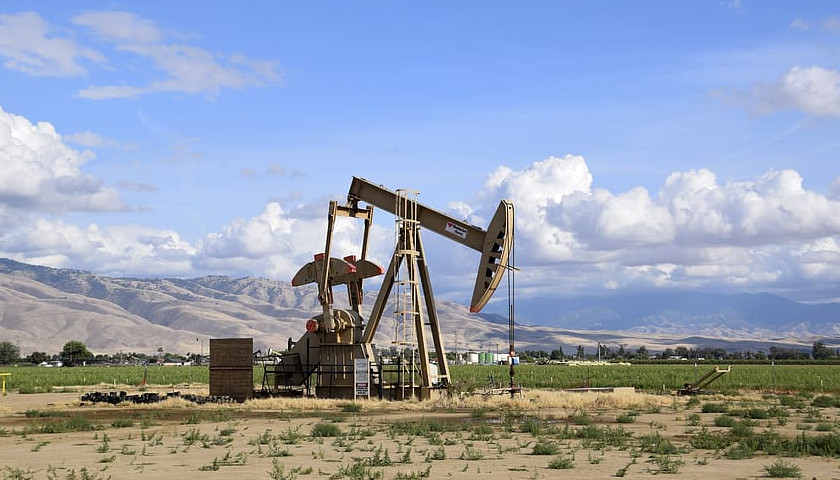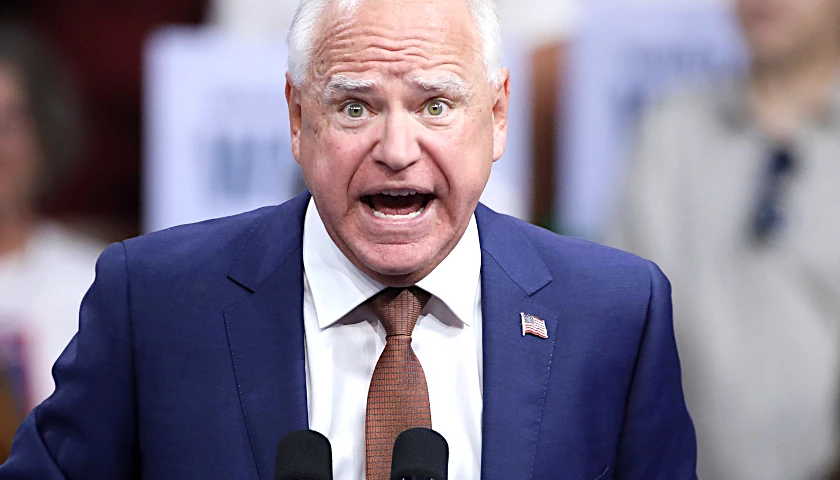by Christen Smith
Environmental experts said Thursday momentum behind the new presidential administration brings the promise of a comprehensive methane rule in sight – a move that would have a significant impact on Pennsylvania, one of the top natural gas-producing states.
Dan Grossman, senior director of advocacy for the Environmental Defense Fund, said controlling methane emissions from the oil and gas sector remains an important component of lowering greenhouse gases in the atmosphere, which contribute to one quarter of the climate effects witnessed across the globe over the last decade, he said.
“[Gov. Tom] Wolf needs to continue his track of leadership and send the signal to Washington that whatever the Biden administration decides to do, it needs to be bold,” he said. “We simply won’t be able to meet our climate goals unless we address methane in a holistic fashion.”
A report from the International Energy Agency released last month described methane as the second largest contributor to climate change behind carbon. In its 2021 Methane Tracker, the agency says “proactive” regulations remain “crucial” for the oil and gas sector “in limiting, in all ways possible, the environmental impact of their supply.”
“Some of these things can be as simple as shutting off the valve, getting the leak under control and dealing with it,” said Allegheny County Executive Rich Fitzgerald. “Holding that material in place could increase its value in the marketplace.”
The report describes oil and gas as bridge fuels that will continue to bolster the global energy mix, even amid a transition to clean energy. Fitzgerald said despite this, the governor will still face resistance in the Republican-controlled General Assembly, where “climate deniers” abound. Razor thin majorities in Congress won’t help the president advance his own goals, either, he added.
“We know the industry wants to be cooperative and supportive,” he said. “We know how important the industry is to southwestern Pennsylvania and throughout the Appalachian basin.”
Pennsylvania regulates methane emissions on new wells, but does nothing to address leaks from “tens of thousands” of existing sources. Grossman said these leaks compromise “more than half” of the state’s methane emissions.
“That’s a huge swath of methane emissions that are not regulated in Pennsylvania,” he said.
The president signed an executive order last month that directs the Department of Environmental Protection to craft a rule addressing existing methane producers. The directive could reverse the Trump administration’s decision to exempt lower-producing wells, sometimes called stripper or marginal wells, from Clean Air Act standards.
University of Cincinnati Professor Dr. Amy Townsend-Small said her research on wells that produce the equivalent of less than one barrel of oil per day revealed many of them leak more than 100 percent of their recorded gas production.
“Older conventional wells are emitting a larger proportion of their gas production than the newer wells,” she said. “These are a large methane source relative to their oil and gas production.
Townsend-Small estimates close to 10,000 stripper wells exist within the state.
“Some of these could be potentially venting gas from the atmosphere and wouldn’t be subject to this proposed regulation,” she said.
Dan Weaver, executive director of the Pennsylvania Independent Oil and Gas Association, agreed Thursday that it’s in the industry’s best interest to contain “fugitive methane leaks,” but says a more comprehensive rule will hurt small businesses owners and other individuals without access to capital necessary to monitor and control leaks.
In an August 2020 statement applauding the Trump administration’s decision, Weaver said it “will bring particular relief to small oil and gas producers who are a vital part of the economy in many western Pennsylvania counties and who must work hard to compete against larger companies.”
He said the Obama administration’s rule “imposed a one-size-fits-all-approach” that lacked justification, both from a cost and environmental perspective.
“PIOGA supports regulation that actually improves our air quality while remaining mindful of the competitive realities facing small oil and natural gas producers that are the economic backbone of many of the Commonwealth’s rural communities,” he said.
Michael Kovach, vice president of the Pennsylvania Farmers Union, said these emissions impact his members every day. Shifting weather patterns and other affects of climate change has turned agricultural planning into a “house of cards” over the last decade, he said.
“The rains we’ve experienced the last couple of years … it made it impossible to get into the fields to plant on time,” he said. “It’s been very impactful.”
Fitzgerald agrees, recalling a record amount of rain in spring 2018 that caused portions of Route 30 in eastern Pittsburgh to collapse. The landslide collided with an apartment complex that left 31 residents homeless temporarily.
Officials in Texas likewise attribute the widespread power outages spanning the state this week to an unprecedented winter storm that left the southern most region in a deep freeze. Kovach said the event will disrupt the agricultural supply chain nationwide.
“Everybody is dealing with this,” Fitzgerald said. “We can deal with these things, we just have to have the will to do it.”
Grossman said New Mexico, Ohio and Colorado have all pursued regulations that lower methane emissions from their oil and gas wells, but other key states – Texas, Louisiana and Alaska chief among them – have shown little interest. He hopes Pennsylvania’s officials will help encourage the president to craft an “expansive” methane rule that encompasses all sources, no matter the size.
– – –
Christen Smith follows Pennsylvania’s General Assembly for The Center Square. She is an award-winning reporter with more than a decade of experience covering state and national policy issues for niche publications and local newsrooms alike.








